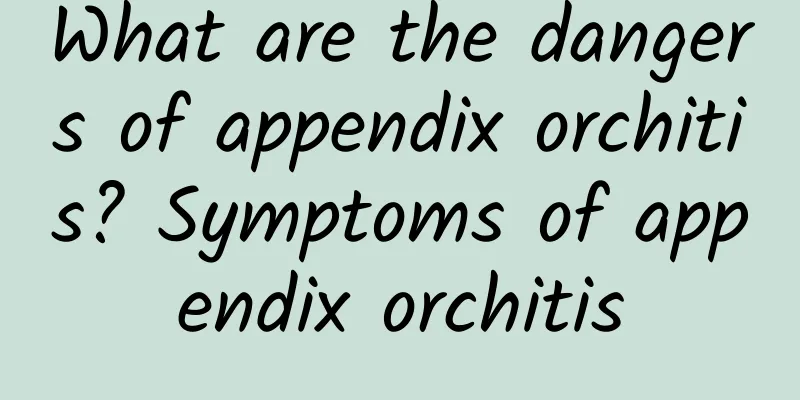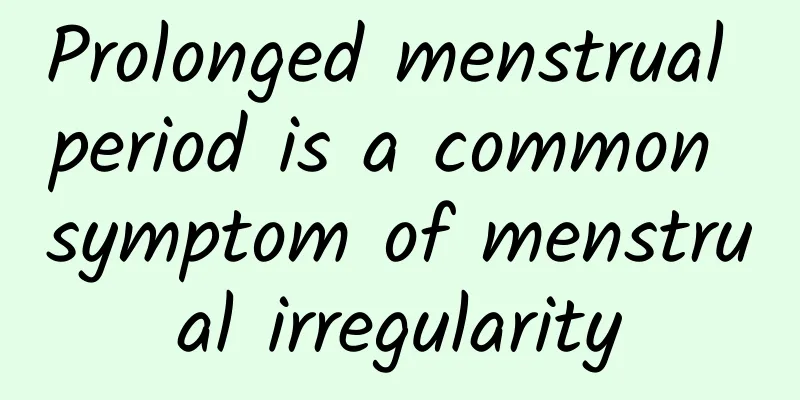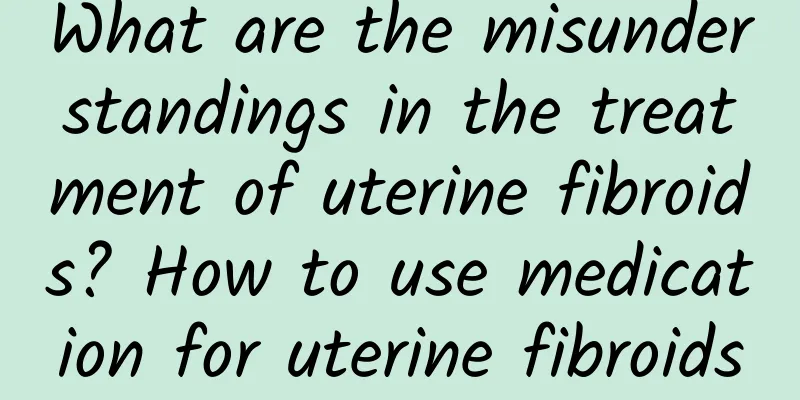What are the symptoms of irregular menstruation

|
What are the symptoms of irregular menstruation? Irregular menstruation is a common gynecological disease. Women sometimes suffer from irregular menstruation in their lives, especially irregular menstruation. 1. Irregular menstruation: That is to say, women’s menstrual problems are always early or delayed. Some women’s menstrual cycles are less than 21 days early, and if they are delayed for more than 35 days, these situations are considered irregular menstruation. 2. Early menstruation: Early menstruation is a common menstrual irregularity. Early menstruation refers to the shortening of a woman's menstrual cycle. Many women's menstrual cycles are shorter than 21 days, and will last for more than two consecutive cycles. This situation actually belongs to the biphasic basal body temperature of ovulatory dysfunctional bleeding, with the follicular phase being only 7 or 8 days, or the luteal phase being shorter than 10 days. 3. Prolonged menstruation: Prolonged menstruation is also a common menstrual irregularity. The main symptoms are normal menstrual cycle, but the menstruation is relatively long. Generally, the menstruation lasts more than 7 days. Some women can have complete menstrual discharge in 2 weeks. At this time, some women will have abdominal pain, heavier menstruation, leucorrhea, yellow or yellow-white, thick, and smelly symptoms. 4. Delayed menstruation: Some women have irregular menstruation and delayed menstruation, which means that the menstruation is missed for more than 7 days, and some women even miss 40 to 50 days, and the symptoms occur for more than 2 consecutive menstrual cycles. The above are the symptoms of irregular menstruation. Since irregular menstruation manifests itself in various forms, the time, form and flow of menstruation vary greatly. This requires women not to take medicine to regulate their menstruation when they have symptoms of irregular menstruation, because the cause may be substantial lesions of the organ or abnormal ovarian function caused by endocrine factors. |
<<: Can adnexitis cause infertility?
>>: Will adenomyosis turn into cancer? What are the treatments?
Recommend
Experts explain what you need to pay attention to after painless abortion
Painless abortion means that women will hardly fe...
What are the tests for menopause?
After menopause, women often lose their psycholog...
Things to note after treatment of cervical erosion in women
As more and more patients with cervical erosion a...
What are the symptoms of cervical cancer in women? What are some common misunderstandings about cervical cancer in women?
There are many types of cancer, and it is also a ...
How to treat chronic pelvic inflammatory disease
How is chronic pelvic inflammatory disease treate...
Stay away from Pu'er tea during menstruation to prevent dysmenorrhea
Women will experience discomfort when their menst...
Bacterial vaginosis pregnant women should pay attention to a few points
Bacterial vaginosis is actually a vaginal infecti...
What are the factors that cause vaginitis?
Vaginitis is a common gynecological disease among...
What should I do if I have cervical erosion? What should I pay attention to during sexual life?
Many women go for gynecological examinations. The...
How to eliminate the symptoms of uterine fibroids and ovarian cysts
Eliminating the symptoms of uterine fibroids and ...
How should women cure vulvar leukoplakia in time?
I believe that many women want to get a cure in t...
How to treat cervicitis?
The treatment of cervicitis requires the selectio...
Keep warm by jogging! Winter Sports Life Tips
In winter, you don’t want to go out and just want...
What should I do if my menstrual period has not come for more than a month?
What should I do if my menstrual period has not c...
What medicine can eliminate uterine cysts?
Treatment of uterine cysts usually requires medic...









